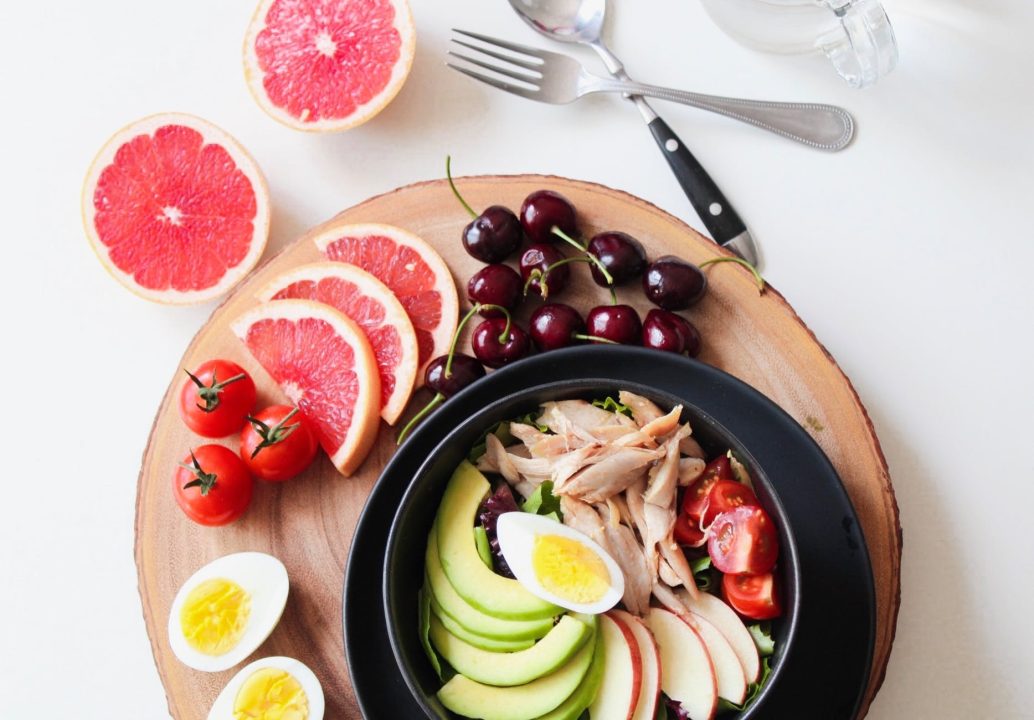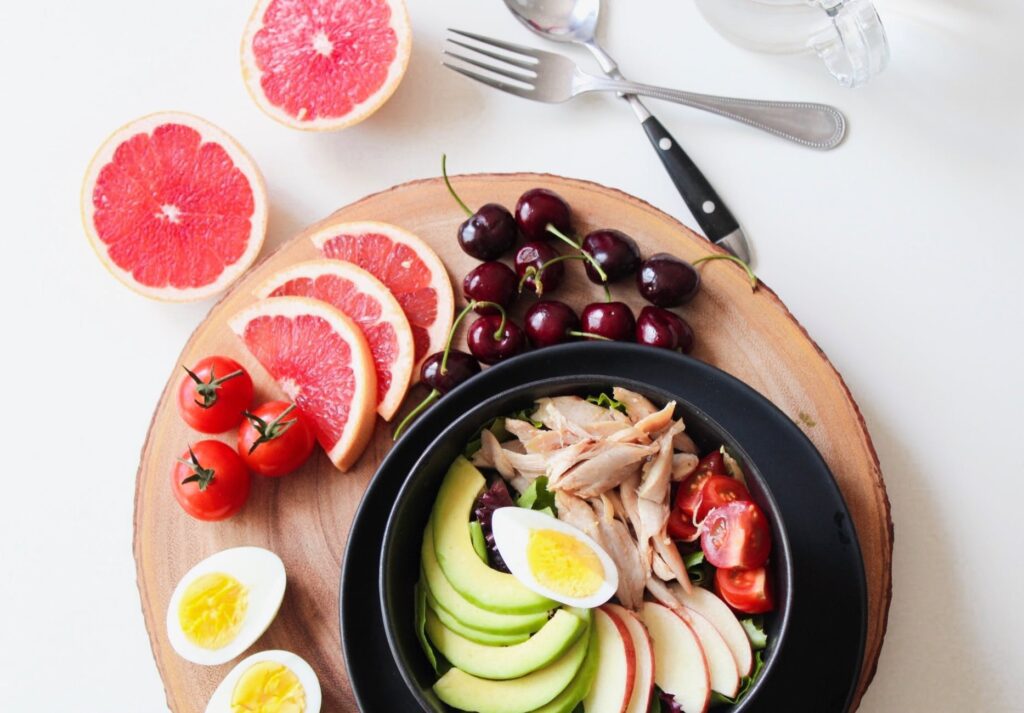
Written by Emma McLaughlin, Integrative Naturopath
What is chronic Illness?
“Chronic disease” refers to a disease state that is ongoing or long term (at least 3 months as defined by the U.S. National Center for Health Statistics) and refers to diseases that generally cannot be cured or prevented by medication or vaccine. This predominantly includes conditions such as heart disease, diabetes, arthritis, cancer, asthma, chronic pulmonary disease, depression and chronic pain conditions. In Australia alone the statistics on these chronic conditions are worrying.
More than 11 million (50%) of Australians reported being diagnosed with at least one of the above (2014-15)
-
More than 1 in 3 (30%) of preventable hospitalisations in 2013-14 were due to one of the above
-
Over 7 in 10 deaths in 2013 were due to one of the above
These statistic do not take into account the myriad or more unusual or unrecognised illnesses such as tick borne disease, mould illness (CIRS), POTS, and chronic food intolerances.
What are the contributing Factors?
In studies conducted by the Australian Government the main contributing factors to chronic disease are
-
Tobacco and alcohol use
-
Physical inactivity
-
Poor nutrition
All of which are lifestyle related issues that can be turned around with the implementation of behavioural change, good food choices and lifestyle modifications.
Nutrition
The biggest question for most people around how to manage their health through diet is “where do I start?” A low inflammatory diet is a really great way to start for many of the above.
Foods to avoid
● Processed foods – particularly anything containing additives, preservatives and colours. Check for numbers in the ingredients list (ie preservative 202) and if there is something there you could not buy as an ingredient in a shop, put it back.
● Trans-saturated fats – can be very inflammatory so avoid margarine and oils which have been heated in their processing such as ‘vegetable’ oil, canola and sunflower. Opt instead for a little grass fed butter (if ok with dairy), cold pressed extra virgin olive oil and coconut oil.
● Sugar – is found in abundance in processed foods and drinks and is not only pro-inflammatory but can also confuse cells and hormones to the point where disease such as diabetes present. Being cautious of your sugar intake is a must. Natural sources in moderation such as a little fruit or honey are great choices.
● Gluten – for many people this can be pro-inflammatory and so reducing or removing gluten containing foods can go a long way to benefiting health. Good quality gluten-containing foods such as sourdough bread or oats are fine for many people, just in moderation.
● Dairy – is another potentially inflammatory food in excess. A2 dairy protein such as that found in the dairy produced by goat, sheep and some species of cow is often better tolerated. If you are worried about calcium there are plenty of other dietary sources such as almonds, sardines, and green veg.
Include plenty of
● Veggies – 5+ serves daily would be ideal so try to get in as many as you can with each meal and include a variety of colours to make sure you are getting a broad range of nutrients.
● Fruit – also contain powerful phytochemicals and antioxidants just like veggies. Aim for 2 pieces daily and vary what you are eating.
● Protein – is so important for healing, cell regeneration, energy and mental health. Small amounts of fish or seafood 2-3 times weekly, red meat 2-3 times weekly and poultry 2-3 times weekly is great. Vegetarian sources include legumes and quality grains.
● Healthy fats – in addition to the oils mentioned above, get in plenty of avocado, nuts, seeds and fish. Fats are important to support our outer cell membranes and hormones and help us to control inflammation and pain.
● Quality complex carbohydrates – found in grains such as rice (white, brown or black), quinoa, buckwheat and millet and in veggies and fruit are important sources of fibre to aid in detoxification and assist with energy production. Avoid empty carbs such as processed white breads and pastas and sugary foods.
Arming yourself with a handful of quick and easy recipes that can encompass the above is a wonderful way to implement fresh healthy food into your diet. Once you get the hang of it, along with simple meal planning, it’s not as difficult as you may think and soon enough you’ll start seeing the benefits and feel better each day.
Exercise and Movement
Our bodies are designed to regenerate and repair with movement. Muscles help to pump blood and lymph around our vessels and respiration moves clean and dirty air in and out of our systems. Exercise also helps us to maintain a healthy weight, increase energy and build strength, making us less at risk of chronic disease and is another to way manage chronic health both mentally and physically.
Aiming for daily ‘movement’ whether it be incidental ie with a physical job or scheduled exercise sessions such as classes, going to the gym or utilising HIIT (high intensity interval training) apps such as ‘Nike Training’ where you are getting a balance of strength and cardio is also a wonderful way to support your chronic health condition.
Need Help?
If not implemented early, the above suggestions could be tricky. Working with practitioners who can help you come up with a diet plan, exercise regime or cognitive behavioural therapies that suit your specific situation could be the game changer for your health. For information about wellness stays and treatment options for chronic health conditions call +61 02 6685 6445 or learn more about our medical retreats.


